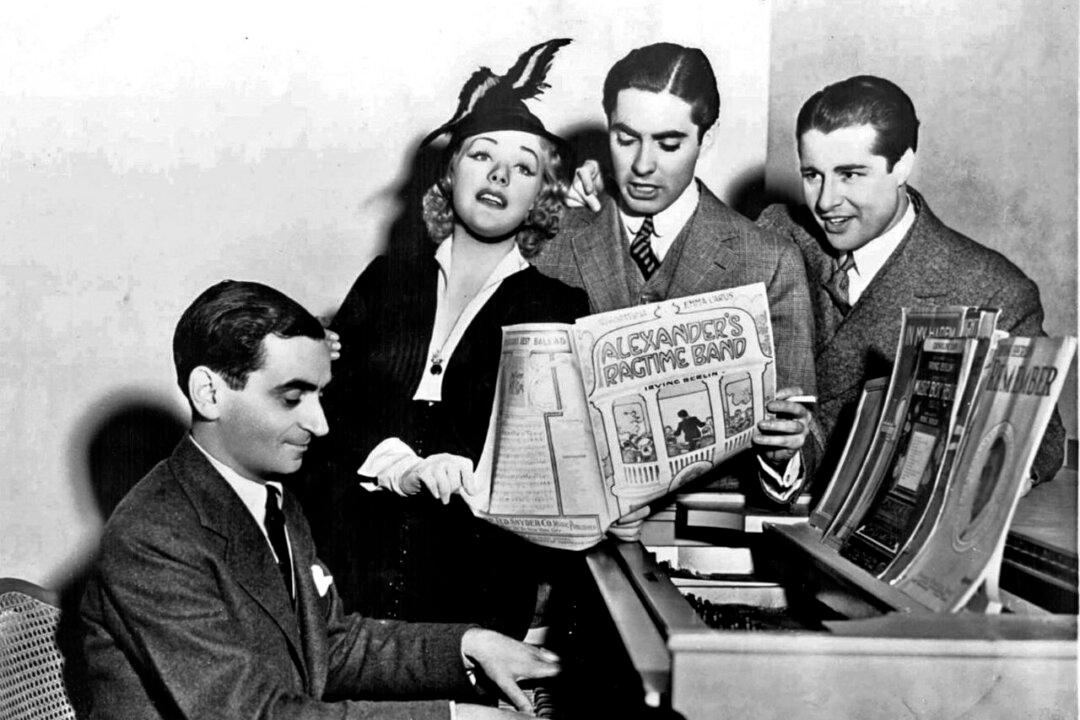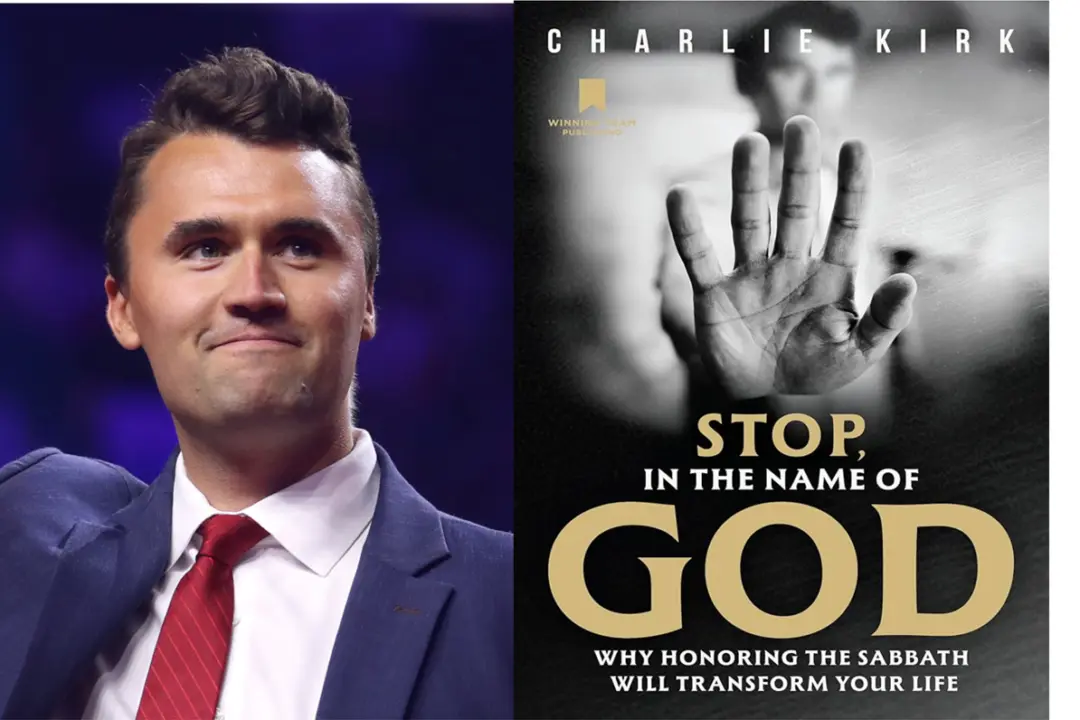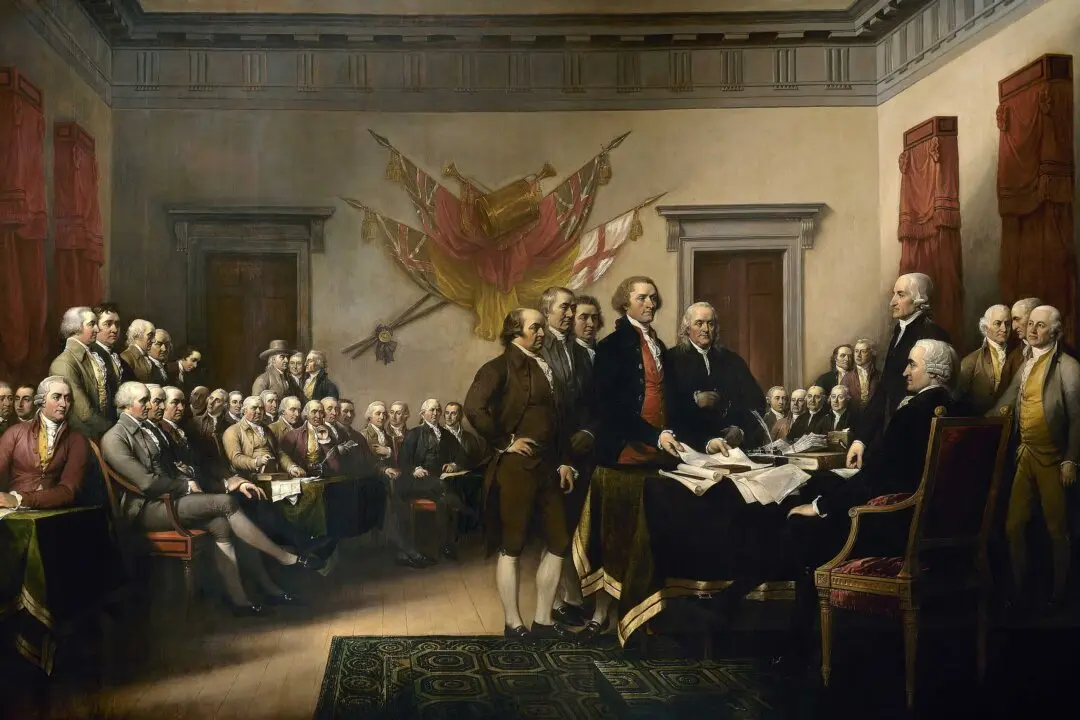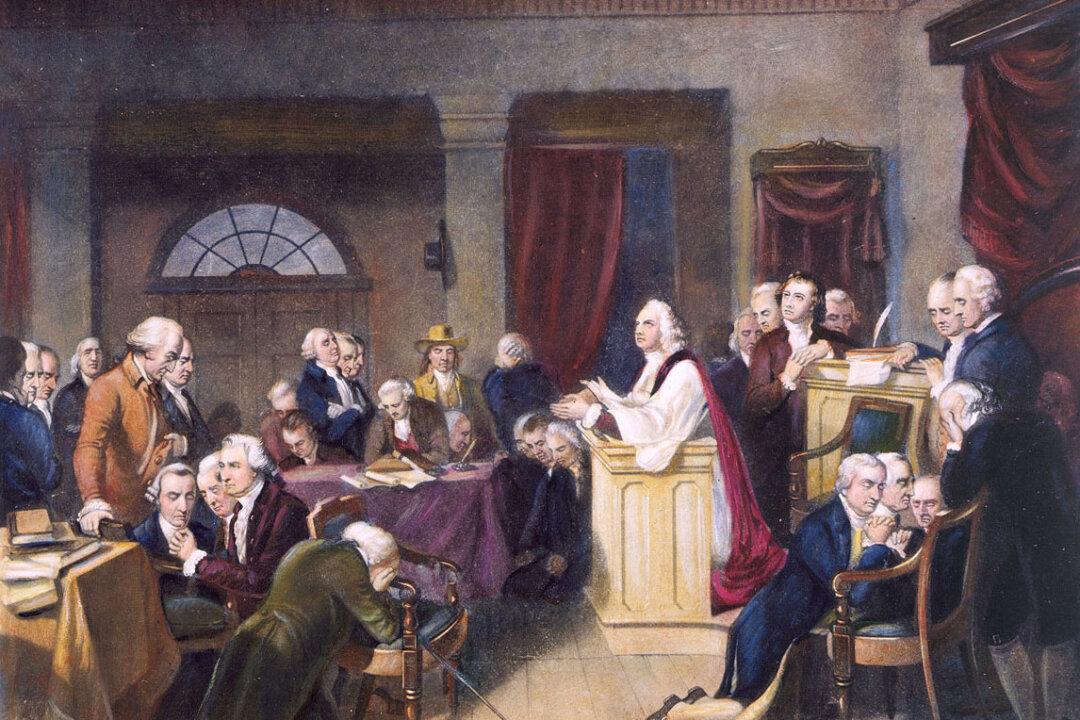Israel Beilin wrote more popular music than any other composer in the 20th century, but he was a songwriting paradox.
He had no music training and never learned to read music. Beilin only played the piano in one key, F-sharp, though he had a special piano made that allowed him to make key changes with a special transposing lever underneath the keyboard. Still, he had a keen ear for popular songs and wrote an estimated 1,500 songs during a career spanning decades.






